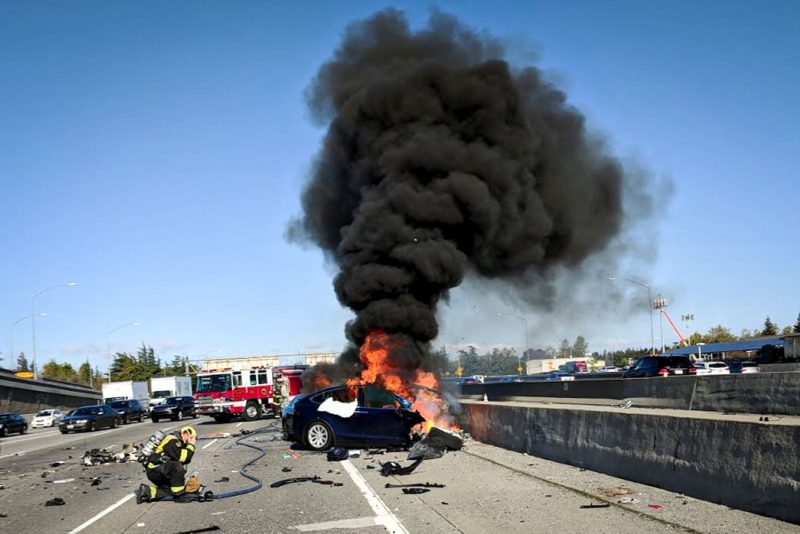
Tesla Resolves Autopilot Crash Lawsuit Following Tragic Death of Apple Engineer
Tesla Settles Lawsuit Over Autopilot Crash that Killed Apple Engineer
In the recent settlement between Tesla and the family of the Apple engineer who tragically lost his life in an Autopilot-enabled crash, the automotive industry has been forced to confront the ethical and legal implications of autonomous driving technology. The case, which garnered significant media attention and reignited controversy surrounding the safety of self-driving systems, serves as a stark reminder of the challenges that arise when cutting-edge technology intersects with human lives.
The incident in question occurred when the autonomous driving system failed to detect a concrete barrier, resulting in a fatal collision that claimed the life of the Apple engineer and sparked a lengthy legal battle between Tesla and the victim’s family. The lawsuit alleged that Tesla’s Autopilot system was defectively designed and failed to provide adequate safeguards to prevent such accidents, ultimately holding the company accountable for the tragic outcome.
While Tesla has adamantly defended the safety of its Autopilot system and highlighted the numerous success stories of its autonomous driving technology, this settlement represents a significant concession on the part of the company. By agreeing to resolve the lawsuit and provide compensation to the victim’s family, Tesla has tacitly acknowledged the shortcomings of its Autopilot system and the need for further improvements to ensure the safety of both drivers and pedestrians.
The implications of this settlement extend far beyond the individual case, serving as a wake-up call for the entire automotive industry regarding the ethical responsibilities and legal liabilities associated with autonomous driving technology. As self-driving systems become increasingly prevalent on our roads, manufacturers must prioritize safety and transparency to prevent similar tragedies from occurring in the future.
Moreover, this case highlights the importance of regulatory oversight and industry standards to ensure that autonomous driving technology is rigorously tested and meets stringent safety requirements before being deployed on public roads. While technological advancements have the potential to revolutionize the way we commute and travel, the ethical dilemmas and legal complexities they introduce cannot be overlooked or underestimated.
In conclusion, the settlement between Tesla and the family of the Apple engineer underscores the delicate balance that must be struck between innovation and safety in the development of autonomous driving technology. As society hurtles towards a future where self-driving cars are the norm rather than the exception, it is imperative that manufacturers, regulators, and consumers work together to create a responsible and sustainable framework that prioritizes human life above all else. The lessons learned from this tragic case should serve as a cautionary tale for the industry as a whole, prompting a renewed commitment to ensuring the safe and ethical deployment of autonomous driving systems.
